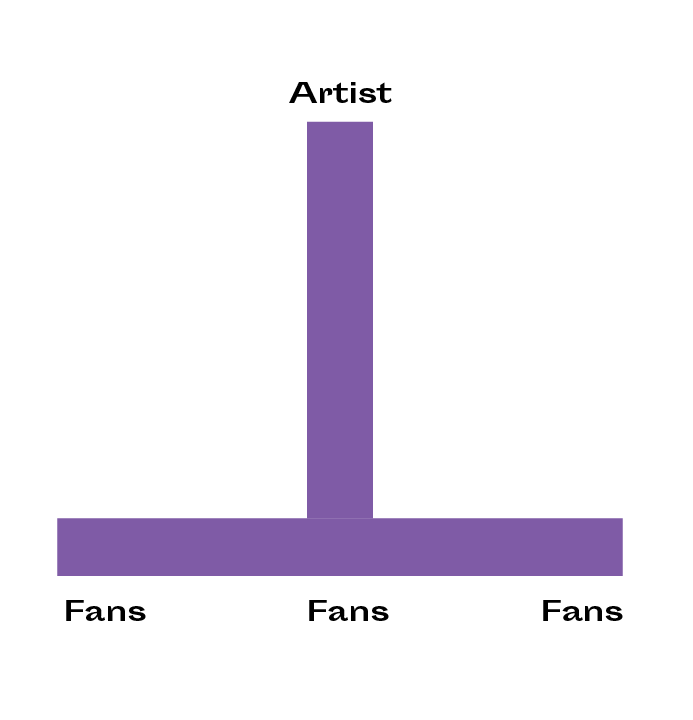Fumfering
A simple Google search will turn up the definition of “fumfer” as:
A Yiddish word meaning to "mumble", most often used to mean to be evasive; can also mean to putter aimlessly or to waste time.
However, in my family it’s come to mean something slightly different. My father uses “fumfering” to refer to the tendency he and I share, of relentless tinkering with something until it does what we want it to do.
I fumfered the other evening with the RSS feed for this very blog, going back and forth between Mailchimp support, my XML configuration, the Kirby CMS forums, and my PHP blueprints until I not only solved the issue, but improved the formatting and flexibility of the template.
I fumfered all afternoon yesterday with my family’s old Panasonic camcorder, jury-rigging cables and cleaning tape heads until I was able to not only play back the old tapes, but record them for safekeeping onto my hard drive in HQ.
In this world of overwhelming complexity, it can be useful to take the time and figure out how something works. The satisfaction of achieving even a small solution on your own can fuel you for the rest of the day, reveling in your own ingenuity.
Of course, “on your own” doesn’t preclude the use of mental aids such as excessive Googling, YouTube tutorials, and the tried-and-true method of narrating your steps out loud to uninterested friends or family.
But don’t go running for help or give up easily. Just fumfer until you figure it out!
Other great words to describe this technique include: futzing, fdreying, fucking around.
PS: Huuuuge thank you to Jake Udell for reposting my "Horizontal Engagement" blog post in yesterday's edition of his Art of a Manager newsletter. :)


